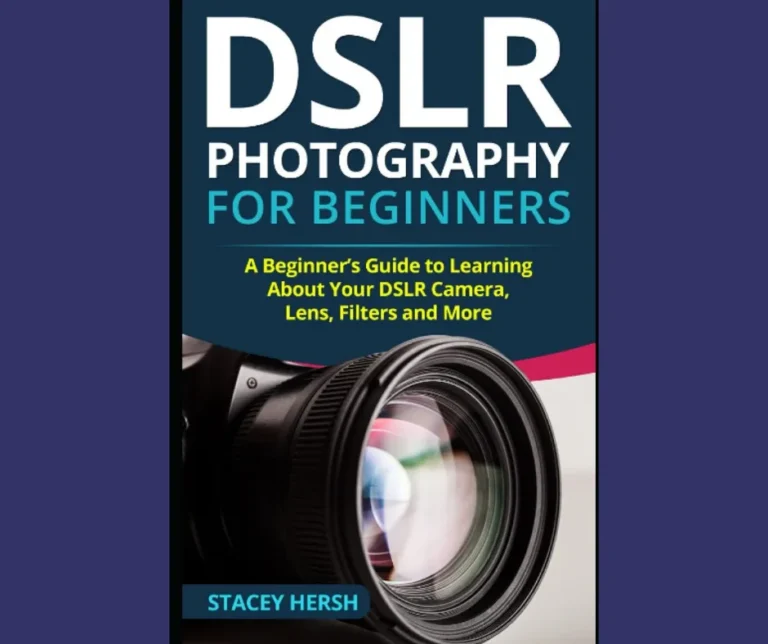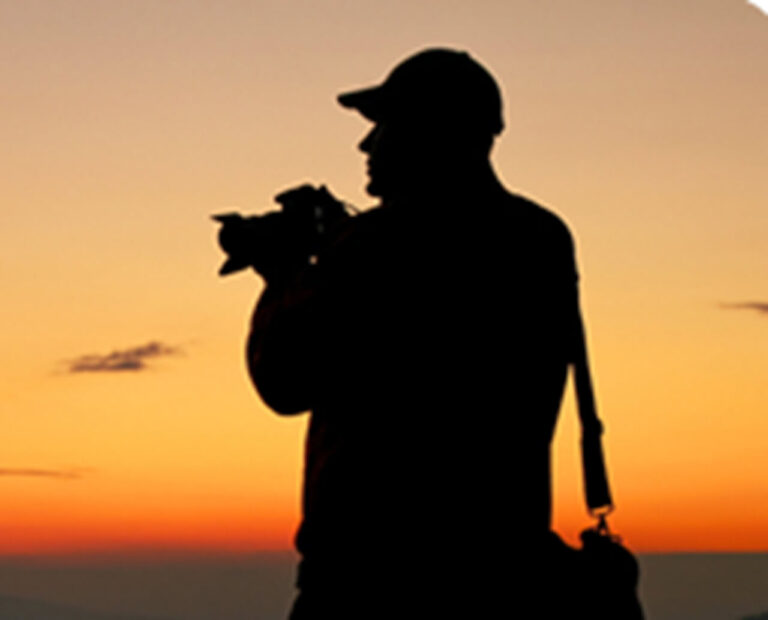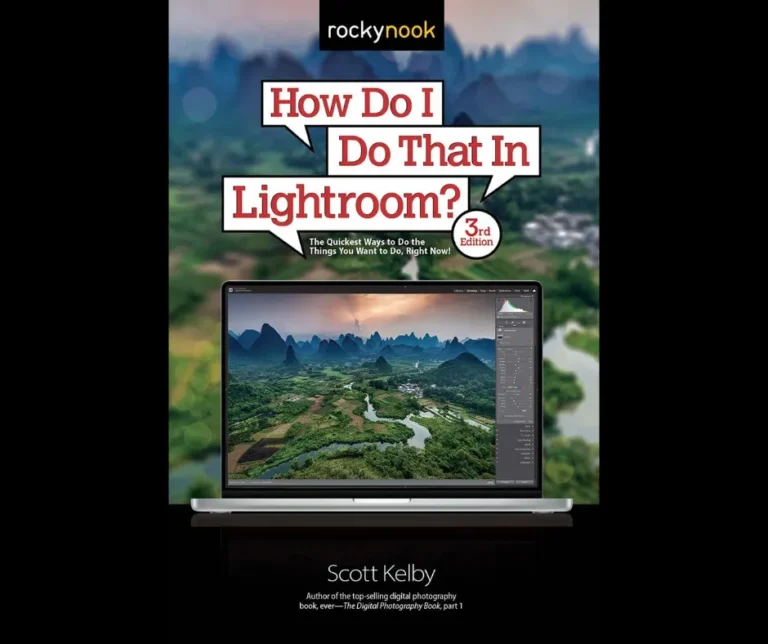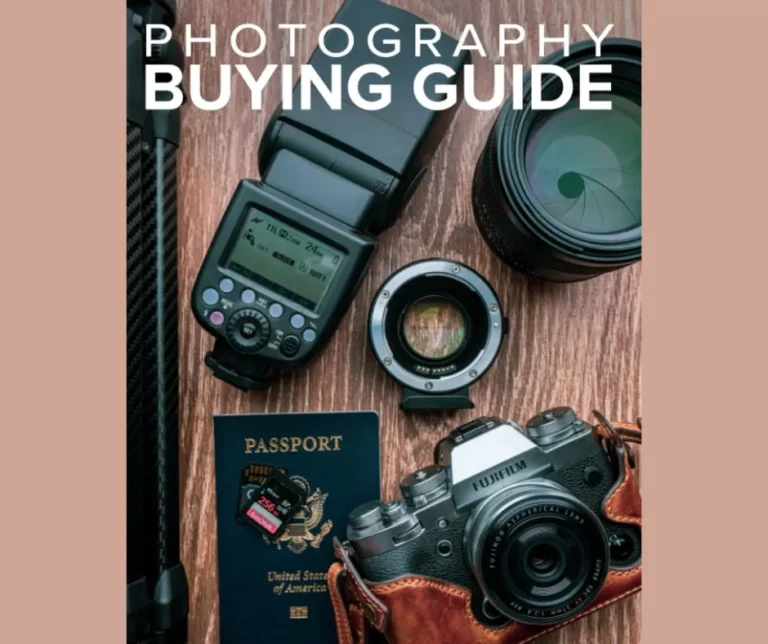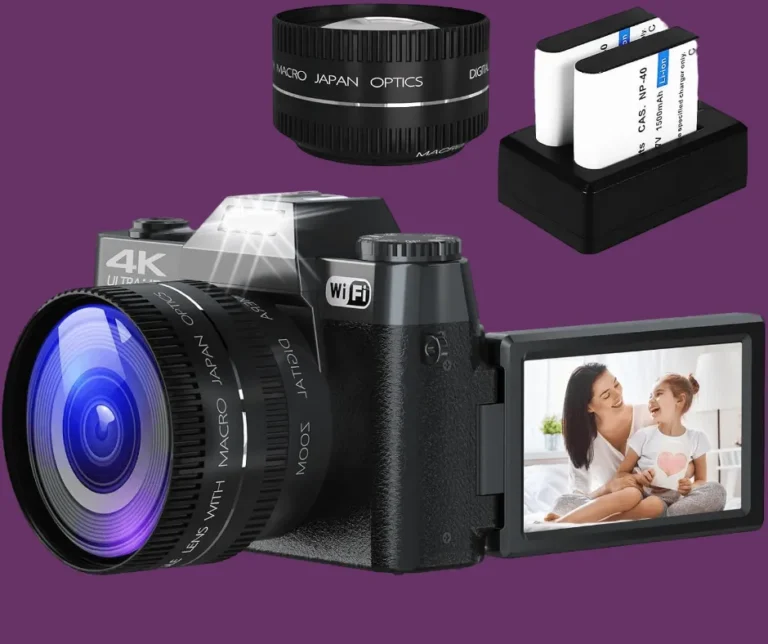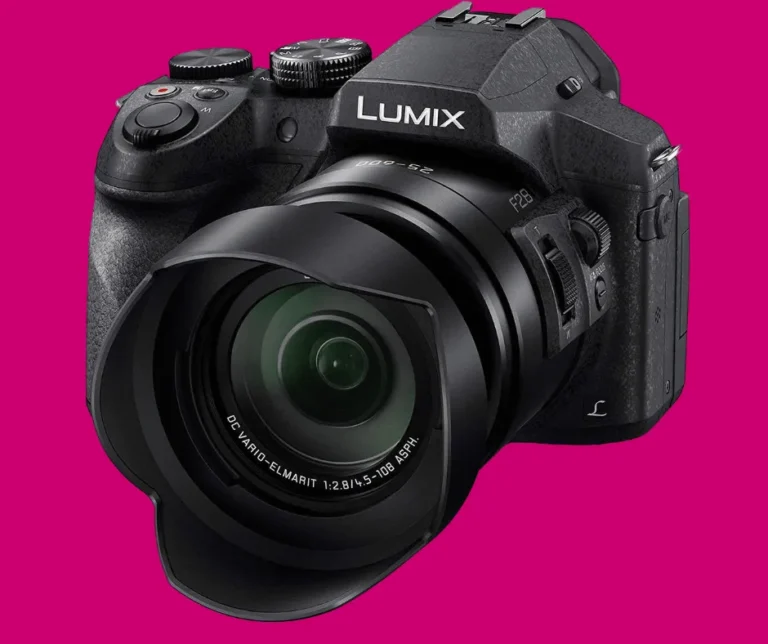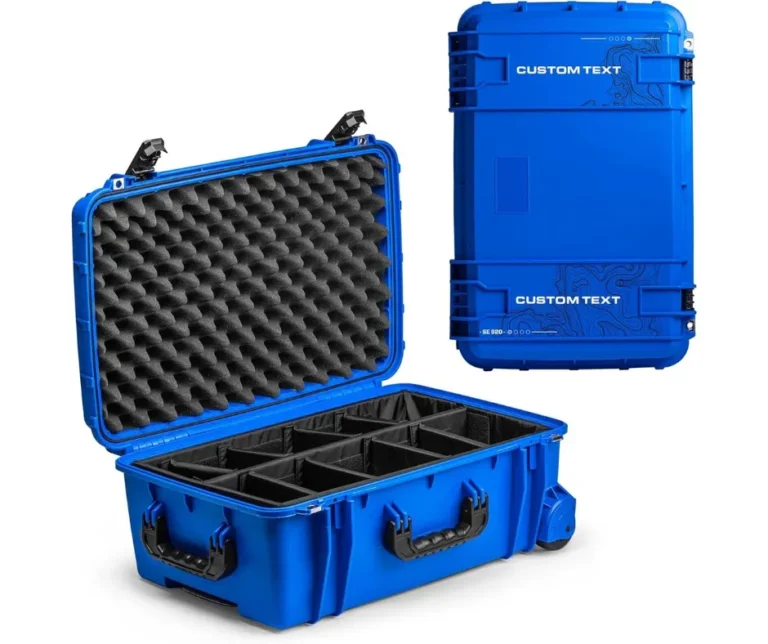Good Tips about Photography
In the dynamic world of photography, mastering the art of capturing stunning images requires more than just a good camera—it involves understanding the nuances of light, composition, and storytelling.
Whether you are a budding enthusiast or a seasoned professional, honing your skills can elevate your photography to new heights.
This article presents Good Tips about Photography with a collection of invaluable tips designed to enhance your photographic journey.
By embracing these strategies, you can refine your techniques, foster creativity, and develop a unique style that resonates with your vision.
From the basics of exposure and focus to the subtleties of post-processing, each tip is aimed at empowering you to see the world through a different lens.
Additionally, you will discover how to effectively utilize natural light, experiment with angles, and engage with your subjects to create captivating images.
As you delve into these insights, remember that photography is not just about capturing moments; it’s about expressing emotions and telling stories that connect with viewers.
Prepare to unlock your potential and transform your perspective as you explore these essential photography tips that will inspire you to create compelling visual narratives.
Don’t rely on your camera’s zoom.
Get a close as possible before you start to use your zoom.
Zooming in can be helpful, but after a while the picture can get distorted.
You’re better off getting as close to the subject as you can before you try to zoom in on it.
If you know that you have a really important shoot the next day, make sure that you get ample rest.
Yes, a lack of sleep will directly result in loss of judgment, which will hurt the quality of the shots that you take.
Get at least eight hours of rest the night before a photo shoot.
Table of Contents Good Tips about Photography
Choose the right DSLR camera
Based on your photography needs and budget for best results
When selecting a DSLR camera, it’s crucial to align your choice with your specific photography needs and budget.
Different types of DSLR cameras cater to various skill levels and photographic styles.
For beginners, a model with user-friendly features and automatic settings can facilitate a smoother learning curve, allowing you to focus on mastering the fundamentals of DSLR photography.
Consider the types of photography you wish to pursue—landscapes, portraits, or action shots—as this will influence your choice of lens and filters that enhance image quality.
Investing in lenses that suit your style can have a profound impact on your results.
High-quality lenses, coupled with appropriate filters, can elevate your photography, providing greater versatility and creative control.
Always weigh the long-term benefits of a more expensive lens against your immediate budget constraints, as a solid lens can serve you well across multiple camera upgrades.
Ultimately, prioritizing quality and relevance to your photographic interests will yield the best results, ensuring that your investment supports your growth as a photographer.
Explore different types of DSLR cameras
To find one that suits your shooting style
Understanding the different types of DSLR cameras can significantly enhance your photography experience.
Each model offers unique features tailored to specific shooting styles, from entry-level options that prioritize ease of use to professional-grade cameras that provide extensive manual controls and advanced functionalities.
As you explore these options, consider factors such as sensor size, autofocus capabilities, and burst shooting speed, ensuring they align with your personal preferences and the types of photography you wish to engage in.
As you navigate the DSLR landscape, pay particular attention to the ergonomics and handling of the camera.
A camera that feels comfortable in your hands and provides intuitive controls will enhance your shooting experience, allowing you to focus on creativity rather than technical challenges.
Whether you’re interested in capturing stunning landscapes, dynamic sports action, or intimate portraits, finding a DSLR that complements your shooting style will empower you to express your vision more effectively.
Invest in high-quality lenses
For enhanced image quality and versatility in your photography projects
Selecting high-quality lenses is crucial for achieving exceptional image quality and versatility in your photography projects.
A superior lens can significantly elevate the sharpness, color accuracy, and overall aesthetic of your photos, allowing you to capture images that truly resonate with your artistic vision.
When delving into the world of DSLR photography for beginners, it’s essential to understand that the lens plays a pivotal role in determining the outcome of your work.
Whether you opt for prime lenses with fixed focal lengths for their unparalleled clarity or zoom lenses that offer flexibility in framing, having the right glass can make all the difference.
In addition to enhancing image quality, high-quality lenses can provide diverse creative options, empowering you to explore various styles and techniques.
For instance, incorporating filters can further refine your images by managing reflections, enhancing colors, or even adding unique effects.
By choosing the right DSLR camera alongside a selection of quality lenses, you open up a broader range of photographic possibilities.
This investment not only supports your current projects but also prepares you for future creative endeavors, ensuring that you can adapt to different environments and subject matters with ease.
Utilize filters to improve your photos
Manage lighting conditions effectively while shooting
Choosing the right filters can significantly enhance your photography by allowing you to manage lighting conditions effectively while shooting.
Polarizing filters, for instance, reduce glare from reflective surfaces and can intensify colors, making landscapes appear more vibrant.
Neutral density filters, on the other hand, enable longer exposure times by reducing the amount of light entering the lens, which is particularly beneficial for capturing motion in water or clouds.
Incorporating these tools into your DSLR photography for beginners will not only improve your images but also afford you greater control over creative expression.
When utilizing filters, it’s essential to understand how different types of DSLR cameras may respond to them.
Some cameras may require specific filter sizes based on their lens specifications, so be sure to choose filters that are compatible with your setup.
Experimenting with various filters under different lighting conditions will allow you to discover the capabilities of your equipment and refine your technique.
By mastering the use of filters and understanding their impact on exposure and color, you can elevate your photography and capture moments that reflect your artistic vision with clarity and depth.
Practice regularly
To familiarize yourself with your DSLR and develop essential photography skills
Familiarity with your DSLR is crucial for elevating your photography skills.
By dedicating time to practice, you will gain a deeper understanding of your camera’s settings and capabilities, ultimately allowing you to make informed decisions while shooting.
Regularly experimenting with various modes, such as aperture priority or manual mode, helps you grasp the relationship between shutter speed, aperture, and ISO.
This foundational knowledge will empower you to adapt to different environments, optimizing your settings for diverse lighting conditions and subjects.
In addition to mastering technical settings, practicing regularly also nurtures your creative eye.
Engaging in different genres of photography—such as portrait, landscape, or macro—enables you to explore how to utilize various lenses effectively.
Understanding how to manipulate depth of field with different aperture settings or intentionally employing bokeh can transform your compositions.
The more you shoot, the more you’ll develop a unique style, harnessing the full potential of your DSLR and its features, while also discovering the nuances of capturing compelling images.
Weather
Be aware that the weather will influence your pictures.
You might not realize it when you take the picture, but a dark sky will give a very gloomy atmosphere to your picture.
Compose your pictures accordingly and let the weather inspire you for interesting creations.
You can also wait for different kind of weather before you take pictures.
Lighting
Make sure you have the right lighting before taking a photograph.
Lighting is perhaps the most important factor in producing a good black and white photograph, because it affects the texture, contrast and shape of the image.
Side lighting can produce some dramatic photographs as it creates shadows and highlights the edges of shapes.
When taking a picture outside, try to do so either in the morning or before the sun sets.
This is because the sky is not as high in the sky during these times, so the subject of your picture will not have as much of a shadow as it would during the midday hours.
Scene Control
A good photography tip is to realize that you’re not always in control.
Trying to be in control of everything can be extremely frustrating, especially when there are variables involved that are simply out of your control.
Try to just relax and enjoy the act of taking photographs.
There isn’t a secret to being an excellent photographer.
Experience and persistence are both necessary.
With digital photography, you don’t have to develop every shot you take, or keep them.
Your eye for what constitutes a good image will improve over time.
Take Your Time
Take the time to improve the sharpness of your shots by adding a key piece of photographic equipment to your arsenal.
This would be a tripod.
This will hold your camera steady, unlike your hands, and will be an effective way to ensure that you take clear, sharp, shots of your subjects.
Be Familiar With Your Camera
Take your camera with you as often as you can.
You never know when a great opportunity for a photo will present itself.
Keep your camera out and ready if you expect to use it – by the time you get your camera out of the bag, get the lens cap off, and adjust your settings, your shot is gone.
Hang the camera around your neck.
Of course, if you’re in a high-crime area, or if you don’t want it to be obvious that you are a tourist, you may need to be a bit more discreet.
Good Reflexes
You have to be quick! Work on your reflexes so you can take faster pictures! It will take practice, but you need to get quick with your equipment.
Don’t let a once in a lifetime shot pass you by because you were busy fumbling with cases and caps.
Find portable camera storage that will provide easy access.
Photo Explanation
Create narrative with your photographs.
They need to be able to express and tell a story to the viewer.
This can be entirely dependent on what you decide to shoot, but do your best to express a story behind whatever it is.
You need to especially make sure that this happens when you have people as subjects.
Surroundings
To get a great photograph, make sure you notice the surrounding objects when framing the shot.
Too many times there are distracting, unwanted elements like trash, telephone wires or even your fingertip intruding into the shot.
Frame the photo so your subject and a non-distracting background are the only elements in view.
If you are in a setting that would normally require flash and you only have the built in flash on your camera, try changing your setting on your white balance and tuning your ISO setting.
It will make it so you will not have to use the flash.
Be careful to keep the camera very steady when doing this.
It’s time for your tripod.
Take it out of the closet and find the cable release.
Still have those neutral density filters? Get them too.
You’re going for a night shoot at the school fair.
You have arrived.
See the pretty colored lighting at the booths and rides? You will photograph the Ferris wheel, exposing not for the overall scene but for the lights.
Place the camera on the tripod and attach the cable release.
Set the ISO low, at 100 or if possible, lower.
Use a shutter speed of maybe fifteen seconds.
Set the aperture at f/16 or smaller if your camera can do it this will make pinpoint lights look like stars.
Take some test exposures and make adjustments, and use your neutral density filters if necessary.
You have a finished product! Thanks to the tripod, everything is sharp except for the ghostly images of fair goers moving about, and the turning Ferris wheel appears as a circular streak of gorgeous colors.
The lights at the booths shine like stars.
Photography Basics
In this day and age, you need to know digital photography basics to digitally improve your photos.
This means learning the basics of programs like Photoshop.
While you should not totally rely on these programs, you can definitely perfect the shots you actually take.
After all, you can only control so much when shooting.
Digital Photography Basics
In this day and age, you need to know digital photography basics to digitally improve your photos.
This means learning the basics of programs like Photoshop.
While you should not totally rely on these programs, you can definitely perfect the shots you actually take.
After all, you can only control so much when shooting.
Every time you set up a shot, you need to stop first and think carefully about what you are doing.
Think clearly about what your goal is for this particular photo.
What are you trying to capture? What do you want to create? Put into practice the pointers you learned in this article, and you can begin creating beautiful shots every time.
In conclusion, as you continue to explore the world of photography, remember that mastering this art form is an ongoing journey.
By applying the tips discussed, such as understanding lighting, composition, and the importance of practice, you can elevate your skills and capture stunning images.
Don’t hesitate to experiment and find your unique style, as photography is as much about personal expression as it is about technical proficiency.
Embrace the learning process, stay curious, and let your passion for capturing moments drive your creativity.
With dedication and an open mind, you will undoubtedly see significant growth in your photographic endeavors.
Happy shooting!

